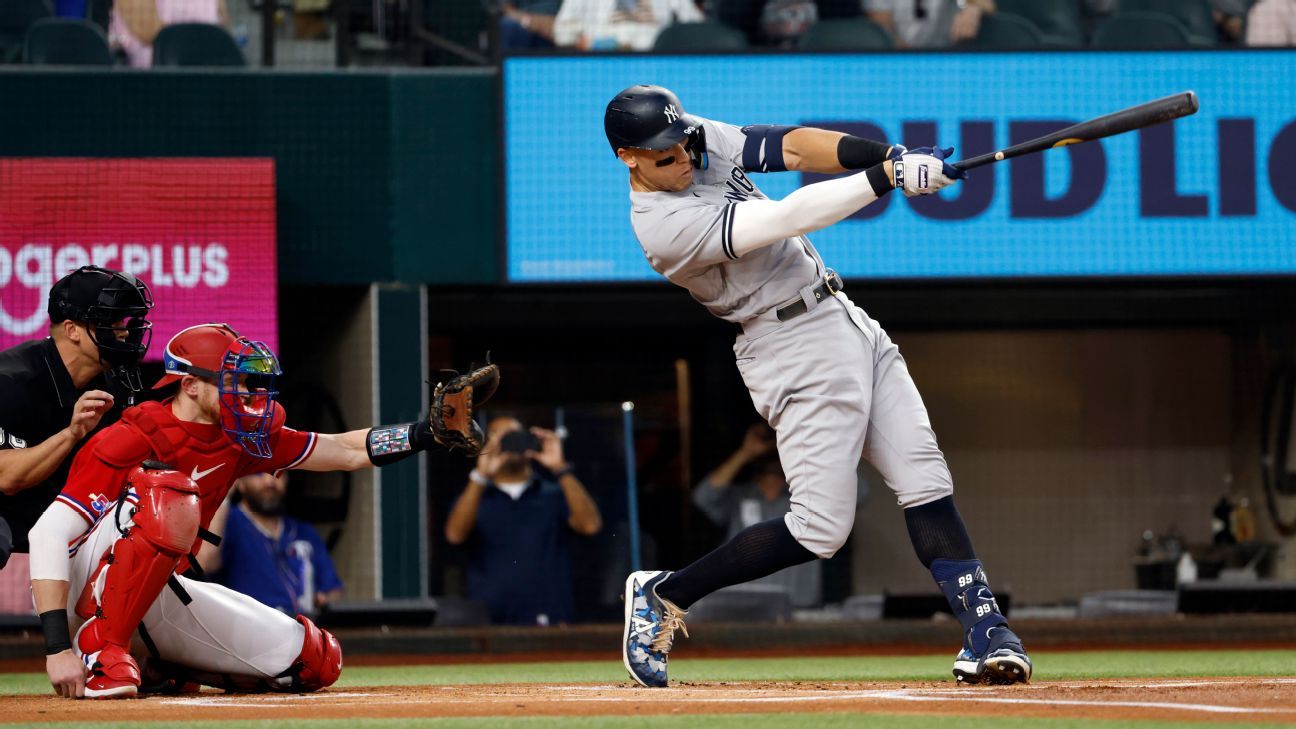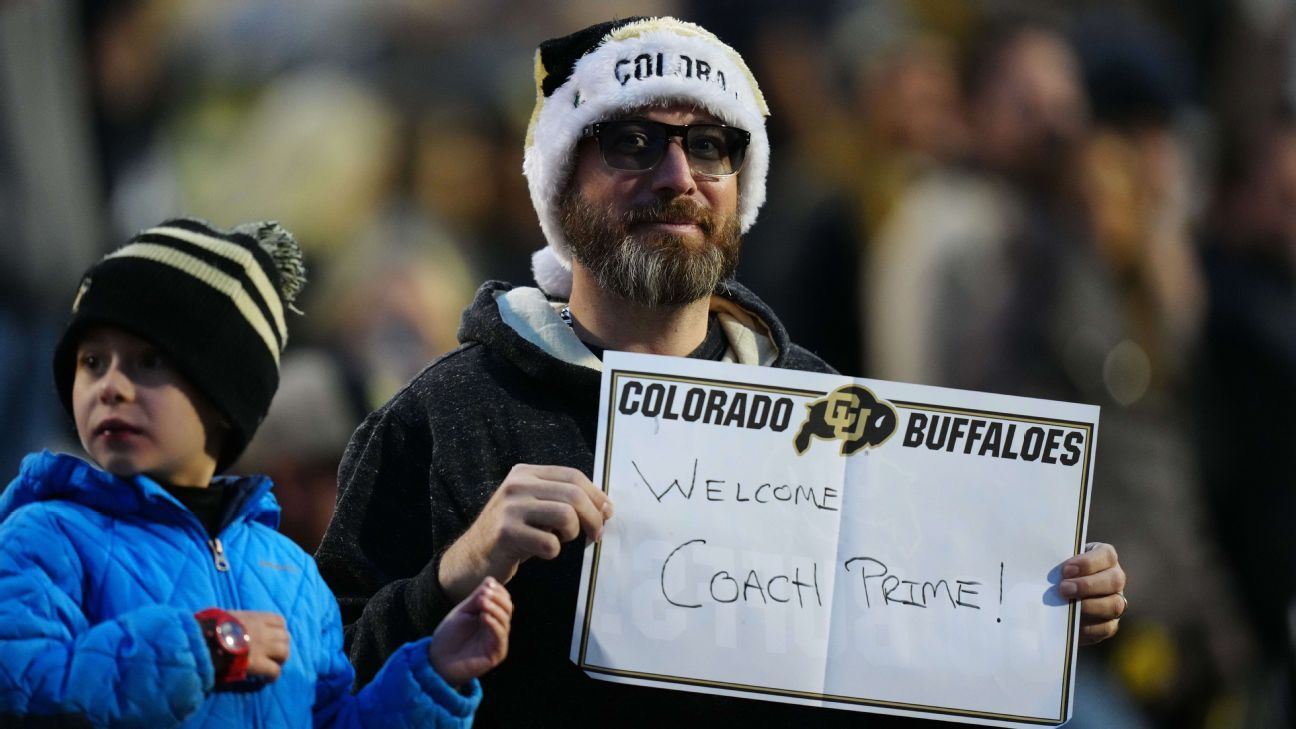Minor league baseball players officially unionized Wednesday, joining the Major League Baseball Players Association after an arbitrator validated the union-authorization cards and MLB recognized the MLBPA as the players’ bargaining representative.
The process of unionizing unfolded at rapid speed, starting with the distribution of cards on Aug. 28 and culminating barely two weeks later in the organizing of more than 5,000 players. The MLBPA, which previously had represented only the 1,200 players on major league teams’ 40-man rosters, will now cover all players at each of the four affiliated levels as well as those at teams’ Florida and Arizona complexes.
The parties plan to start bargaining over the minor leagues’ first collective bargaining agreement following the end of the season. MLB previously had unilaterally run all aspects of the minor leagues, setting salaries, working conditions and other areas that prompted players to start organizing.
While minor league players convincing MLB to provide season-long housing before the 2022 season registered as a momentous victory, the yearslong effort at organizing — and the rapidity of the union’s formation — is the most substantive yet for the players.
“This historic achievement required the right group of players at the right moment to succeed,” MLBPA executive director Tony Clark said. “Minor leaguers have courageously seized that moment, and we look forward to improving their terms and conditions of employment through the process of good-faith collective bargaining.”
Commissioner Rob Manfred last Friday said the league planned to voluntarily recognize the union after it said that more than half of players’ returned cards were in favor of the union. Arbitrator Martin Scheinman on Wednesday counted the cards and confirmed that they exceeded the 50% threshold, affirming MLB’s voluntary recognition.
The unionization of minor league players, a long-discussed but never-executed idea, took root after the formation of advocacy groups in recent years prompted players to speak out about working conditions. Harry Marino, the former executive director of Advocates for Minor League Baseball who recently joined the MLBPA as an assistant general counsel, said: “For decades, conventional wisdom said it was impossible to unionize the minor leagues. Over the past few years, a group of audacious and committed folks came together to prove that wrong. … The game of baseball and the lives of thousands will be better because of their efforts.”
In a statement, the league said: “Major League Baseball has a long history of bargaining in good faith with unions, including those representing minor and major league umpires, and major league players. We respect the right of workers to decide for themselves whether to unionize. Based on the authorization cards gathered, MLB has voluntarily and promptly recognized the MLBPA as the representatives of minor league players. We are hopeful that a timely and fair collective bargaining agreement will be reached that is good for the game, minor league players and our fans.”





